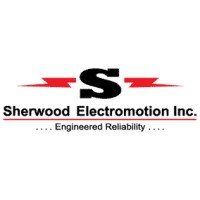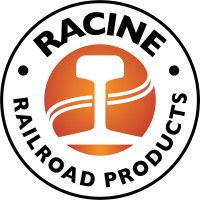
Sherwood Electromotion Inc.
Sherwood Electromotion Inc. (SEI) is a leading independent provider of assembly, overhaul and manufacturing services for propulsion systems equipment and electrical rotating apparatus for Rail, Mass Transit and Wind Industries. SEI is a family owned and operated company that has been in business for over 40 years. As a company we are committed to providing our clients with outstanding quality, integrity and, value.






